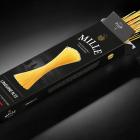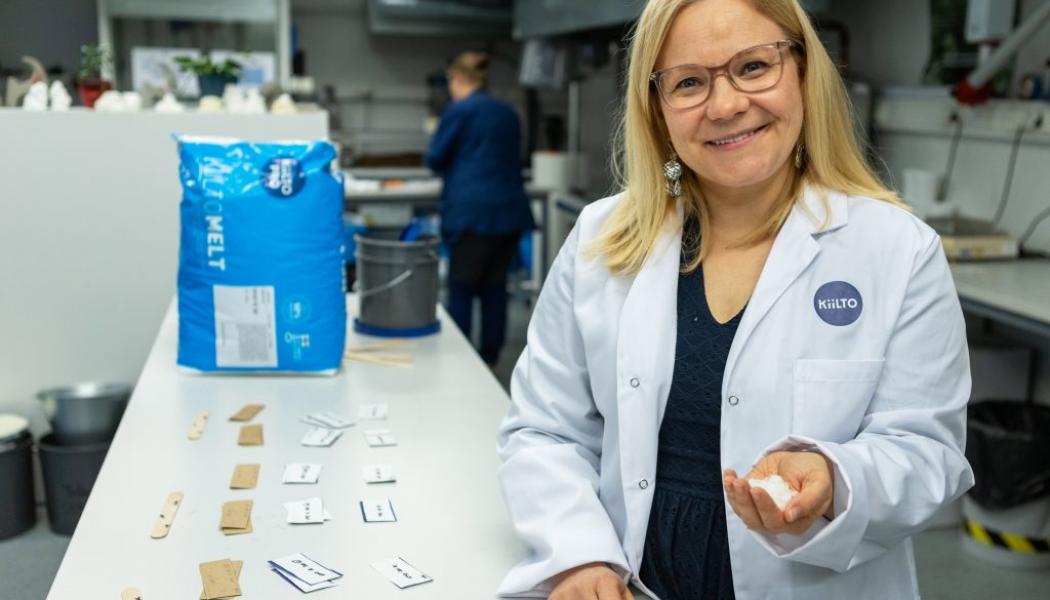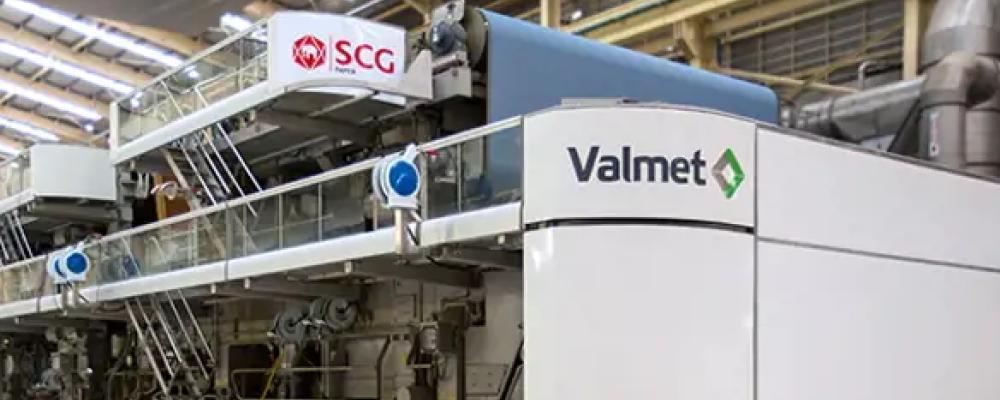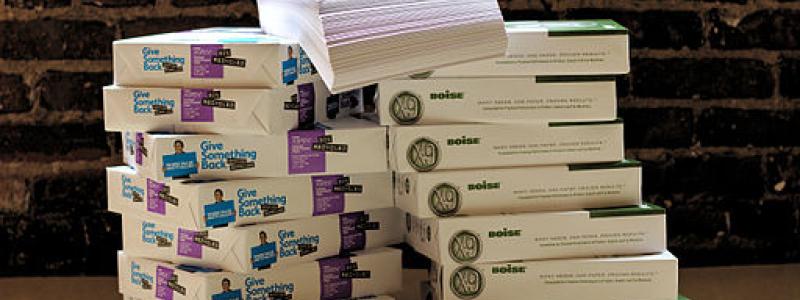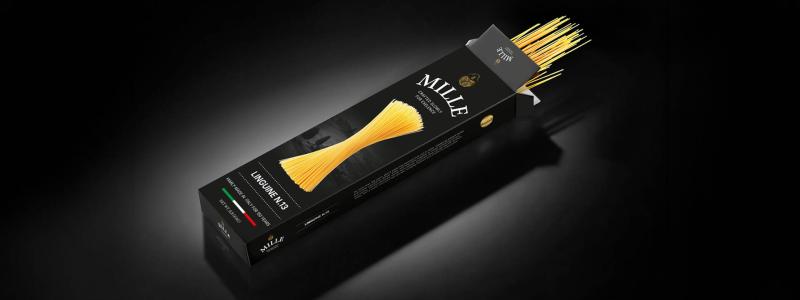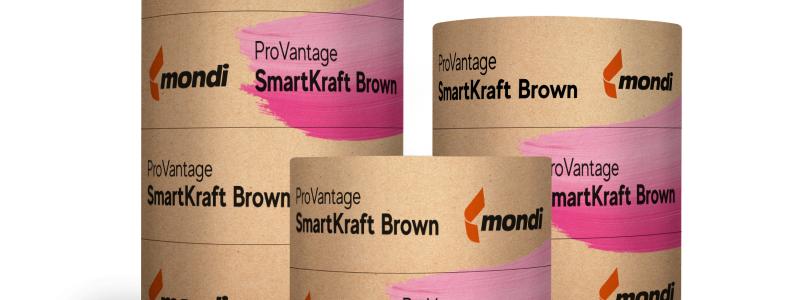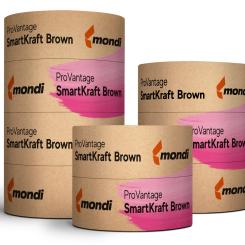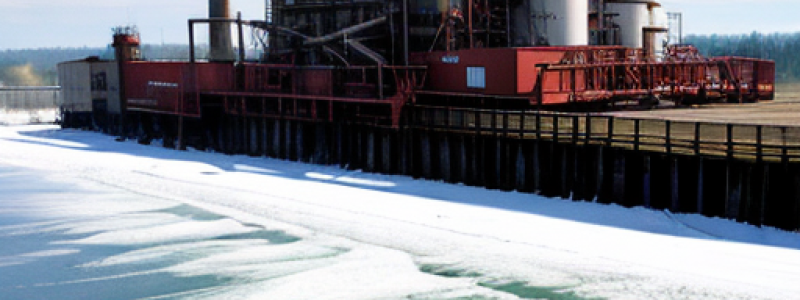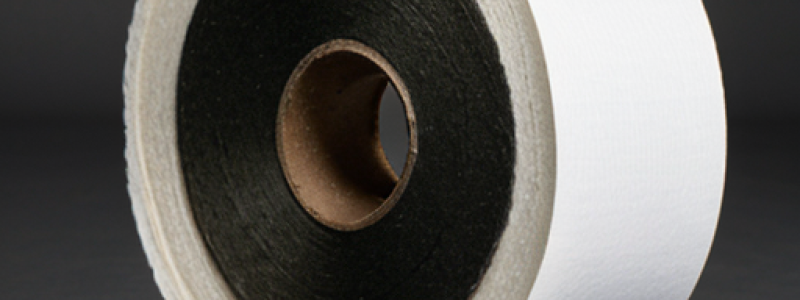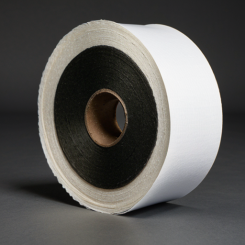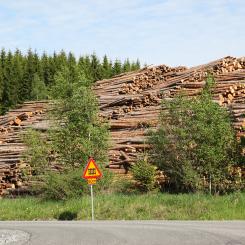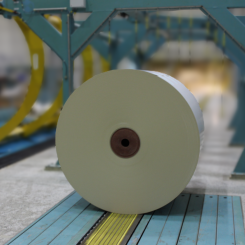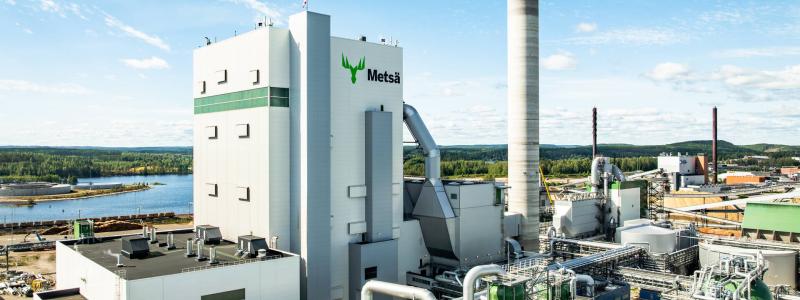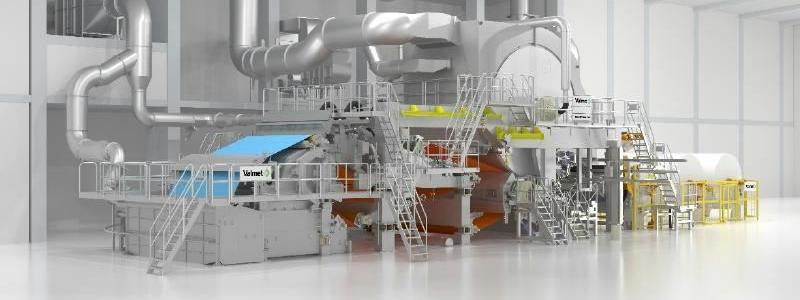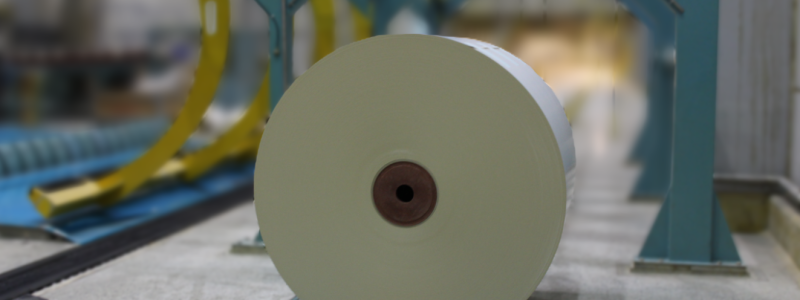The Finnish chemical company Kiilto has introduced a hot-melt adhesive designed to meet two increasing demands in European packaging: compatibility with recycled fibre materials and durability in cold-chain logistics. The product, developed at the company’s Lempäälä facility, contains 97 per cent biobased raw materials and is claimed to withstand both refrigeration and freezing.
The launch comes as packaging producers face tighter requirements to reduce the use of virgin materials. Higher recycling rates have shifted attention to components such as adhesives, which must function reliably even when fibre quality varies and surfaces become less porous.
- Packaging is increasingly being produced from biobased materials. The adhesives used in them must support the same goal. Biobased adhesives reduce the overall carbon footprint of the packaging, said Kiilto’s product development manager, Maija Kulla-Pelonen.
Recycled fibre poses tougher adhesion demands
Unlike virgin board, recycled fibre often has a denser and less absorbent surface, which complicates high-speed production. Food-industry packaging adds another layer of complexity: adhesives must retain their strength throughout freezing, transport and thawing without cracking or detaching.
- Kiiltomelt EVO R 20 also performs well at refrigerator and freezer temperatures, where many conventional packaging adhesives lose their strength. It is great that we can offer the packaging industry an almost entirely biobased hot-melt adhesive, said Kulla-Pelonen.
Kiilto’s new adhesive, Kiiltomelt EVO R 20, uses renewable raw materials including forest-industry side streams, tall oil and sugarcane-derived components. According to the company, its performance is comparable to fossil-based alternatives, particularly in low-temperature conditions that typically weaken conventional packaging adhesives.
Industrial testing ongoing — long-term performance still uncertain
Kiilto states that the adhesive can be applied using existing hot-melt equipment, avoiding process modifications that often create production downtime and added cost. Initial industrial tests reportedly show stable adhesion on recycled carton grades.
However, independent industry observers note that long-term performance remains an open question. Recycled materials vary significantly in fibre quality and moisture content, making it harder for any adhesive – biobased or fossil-based – to perform consistently in large-scale, continuous production. The sector’s shift toward recycled content also increases this variability.
EU pressure drives search for fossil-free options
The European packaging sector faces growing regulatory pressure to cut fossil use and improve recyclability. The EU’s revised Packaging and Packaging Waste Regulation introduces stricter rules on material efficiency, recyclability and chemical content, which means even small components such as adhesives are now scrutinised.
Biobased hot-melt adhesives may become more common as companies seek to reduce the carbon footprint of packaging systems. But analysts emphasise that broader system factors – transport, energy use and material lifetimes – often outweigh single-component improvements.
Products such as Kiiltomelt EVO R 20 may strengthen compatibility between packaging and recycling streams, but do not resolve the structural challenges of uneven material quality and limited fibre longevity. Whether biobased adhesives become industry standard will depend on cost, raw-material supply, and large-scale manufacturability as much as technical performance.
Source: Kiilto




